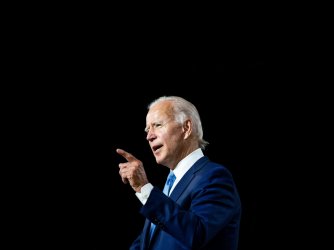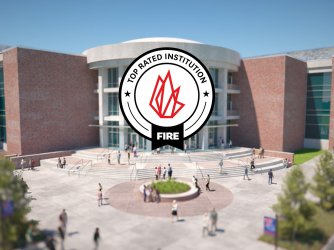Table of Contents
Victory for Freedom of Conscience as University of Minnesota Backs Away from Ideological Screening for Ed Students
MINNEAPOLIS, December 23, 2009—In response to sustained pressure from the Foundation for Individual Rights in Education (FIRE), the University of Minnesota–Twin Cities has backed away from its plans to enforce a political litmus test for future teachers. The plans from its College of Education and Human Development (CEHD) involved redesigning admissions and the curriculum to enforce an ideology centered on a narrow view of "cultural competence." Those with the "wrong" views were to receive remedial re-education, be weeded out, or be denied admission altogether. In a letter to FIRE, however, the university's top lawyer has now promised that the university will never "mandate any particular beliefs, or screen out people with ‘wrong beliefs' from the University."
"We are relieved that the University of Minnesota has finally committed itself to upholding the freedom of conscience of its students," FIRE President Greg Lukianoff said. "Prospective teachers will keep the right to have their own thoughts, values, and beliefs. FIRE will continue to monitor the situation to make sure that the university does not define 'cultural competence' or 'dispositions' requirements in a way that interferes with individual rights."
The proposal, initiated by the college's Race, Culture, Class, and Gender Task Group, sought to require each future teacher to accept theories of "white privilege, hegemonic masculinity, heteronormativity, and internalized oppression"; "develop a positive sense of racial/cultural identity"; and "recognize that schools are socially constructed systems that are susceptible to racism ... but are also critical sites for social and cultural transformation." They were to be judged by their scores on the Intercultural Development Inventory, a test of "Intercultural Sensitivity." In one assignment, they were to reveal a "pervasive stereotype" they personally held and then demonstrate how their experiences had "challenged" it. They also were to be assessed regarding "the extent to which they find intrinsic satisfaction" in being in "culturally diverse situations."
FIRE wrote University of Minnesota President Robert H. Bruininks about these plans on November 25. In response, General Counsel Mark B. Rotenberg promised that "[n]o University policy or practice ever will mandate any particular beliefs, or screen out people with 'wrong beliefs' from the University."
"The next version of the college's plans must reflect this promise," said Adam Kissel, Director of FIRE's Individual Rights Defense Program. "To learn about other cultures is one thing, but the college may not demand that future teachers hold certain moral and political 'dispositions' or specific views about pedagogy. Not all great teachers have the same views about politics or education."
FIRE is a nonprofit educational foundation that unites civil rights and civil liberties leaders, scholars, journalists, and public intellectuals from across the political and ideological spectrum on behalf of individual rights, due process, freedom of expression, academic freedom, and rights of conscience at our nation's colleges and universities. FIRE's efforts to preserve liberty on campuses across America can be viewed at www.thefire.org.
CONTACT:
Adam Kissel, Director, Individual Rights Defense Program, FIRE: 215-717-3473; adam@thefire.org
Robert H. Bruininks, President, University of Minnesota-Twin Cities: 612-626-1616; upres@umn.edu
Recent Articles
FIRE’s award-winning Newsdesk covers the free speech news you need to stay informed.

TikTok legislation sets grave precedent for free speech

FIRE joins animal advocates, free speech groups urging Ninth Circuit to affirm ruling that allows undercover audio recording

Louisiana Tech earns top rating for free speech
